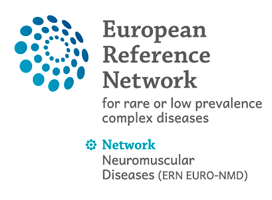29 Feb 2016
Recommendations for presymptomatic genetic testing and management of individuals at risk for hereditary transthyretin amyloidosis
Authors:
Obici L, Kuks JB, Buades J, Adams D, Suhr OB, Coelho T, Kyriakides T; European Network for TTR-FAP (ATTReuNET)
PURPOSE OF REVIEW:
These recommendations highlight recent experience in genetic counselling for the severe autosomal-dominant, late-onset transthyretin familial amyloid polyneuropathy (TTR-FAP) disease, and present a structured approach towards identification and monitoring of asymptomatic carriers of the mutated gene.
RECENT FINDINGS:
The effectiveness of current treatment options is still limited in patients with TTR-FAP beyond stage I. Diagnosis in the early stages of TTR-FAP is essential to prevent or delay the progression of disease. Existing legal and cultural issues differ among countries within Europe. Experts of the European Network for TTR-FAP (ATTReuNET) concluded that genetic counselling for diagnosed individuals and at-risk family members is mostly beneficial and should be carried out with care by trained professionals. Systematic and regular monitoring of an asymptomatic carrier is necessary to detect early signs of TTR-FAP and maximize the effectiveness of treatment. This includes five areas of assessment: history/clinical examination, sensorimotor function, autonomic dysfunction, cardiac function, and renal function. At least two related symptoms and positive biopsy findings are required to confirm diagnosis of TTR-FAP.
SUMMARY:
Early detection of TTR-FAP is essential to improve the prognosis of TTR-FAP. ATTReuNET recommends genetic counselling and routine monitoring for asymptomatic carriers of TTR-FAP.

